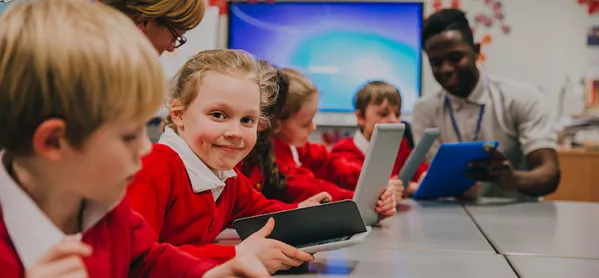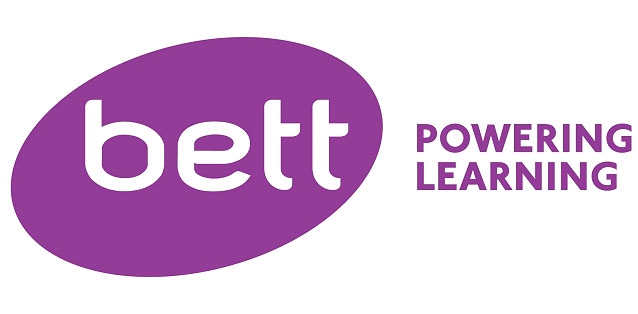Technology is starting to play an integral role in every school and, depending on how it is used, can enhance academic performance. Creating a culture where teachers feel supported and confident is key. This will enable them to integrate technology effectively into their classroom and practice.
Edtech can’t compensate for poor teaching but it will enhance good teaching and learning, giving teachers the opportunity to be more innovative and creative in the classroom.
Get the right fit
However, you will need to take certain factors into consideration to ensure success when implementing technology into a school’s ecosystem.
One is compatibility. Does your school have the correct IT infrastructure to accommodate your preferred solutions? The most common problems are wi-fi connectivity, administration and technological ability.
Perhaps the most crucial factor is whether the technology will help the school to meet its goals. The best way to implement it is to focus on a specific area of the school’s improvement plan. This also helps to keep things manageable.
It is important, too, for the school to have a long-term vision of how it will use the technology. This needs to be led from the front. Schools often use edtech without linking it to their overall goals, leading to panic or unnecessary purchases. This vision should be a shared agenda, not allocated to a specific member of the senior leadership team.
Take your time
You also need to factor in enough time to create the right culture. This is one of schools’ biggest errors: they rush to use the technology before teachers and students are prepared, and as a result it becomes redundant or is not used to its full potential.
Make sure the technology is user-friendly and manageable. The majority of what’s on the market is less than five years old, which means there are many hidden variables. It is also not unknown for edtech products to over-promise and fail to live up to expectation. It is important to test drive your options and get a range of feedback before full implementation.
A common mistake is to assume that all your staff are comfortable with technology and can quickly become experienced users. This myth has led to many schools spending a large amount of money on tools but ending up with very few teachers able to use them effectively.
Make tools easy to use
The technological solutions that seem to be most successful in the classroom have some common attributes. One is data analytics. Good edtech tools have a dashboard for teachers to understand complex data in a simplified format, so they can easily see an overview of a student’s performance and effort.
Look out, too, for products that require minimal clicks. What makes a tool successful is functionality and ease of use. If it takes 10 clicks to complete one simple task then it becomes tedious and time-consuming. The tools that are easier to use are also the most popular with teachers who are time-pressured or who have basic IT skills.
Being able to provide quick feedback to users is a bonus. This helps pupils to progress with their learning much more quickly than when a teacher is attending to one student at a time. Instant feedback also gives teachers a clear idea of where the class are at and what they need.
Over the past few years, real-time quizzes have helped to increase the level of engagement in the classroom. Students can see their progress as it happens, which is a great opportunity for them to track their learning. Also, edtech tools can help pupils to take their time and think about their answers.
Collaboration is key
Social media has been a great tool for teachers to share good practice and learn new and exciting things about their subjects. These social media communities have grown into useful resource banks.
Finally, there are virtual learning environments (VLEs). There is a great battle between tech companies to create effective online schools where students can access resources, collaborate and submit their work. The best VLEs are able to sync students’ work across devices seamlessly and make it easy for them to share their work with teachers.
Mark Martin, aka the Urban Teacher, is an ICT teacher in London and an international speaker. Find him on Twitter at @urban_teacher

